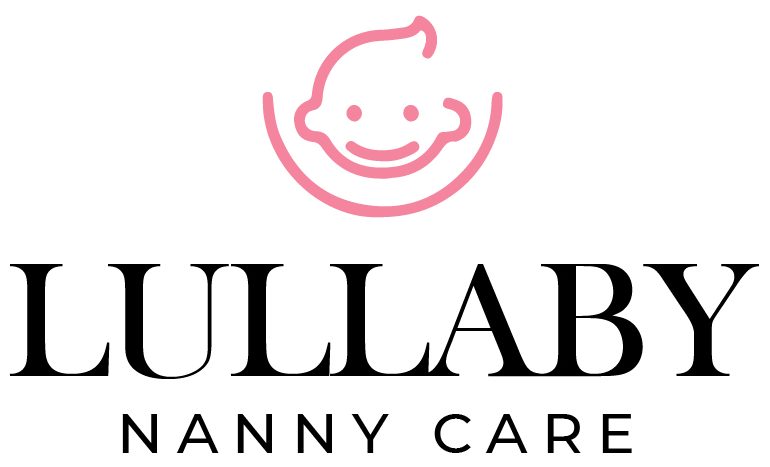
Sleep regression often describes periods when a baby’s sleeping patterns become chaotic. This is the most frequent type. There have been 8-10 and 18-month sleep regressions.
Hear from a Sleep Doctor
However, sleep researchers claim that sleep regressions don’t exist, at least not as commonly described. Jodi Mindell, PhD, a Professor of Psychology, Director of Graduate Psychology at Saint Joseph’s University, and Associate Director of The Sleep Center at Children’s Hospital of Philadelphia, states that “Sleep Regressions are a complete myth.” I have a large number of sleep studies in my database. I have looked at every month of my first two years of sleep, and not one month is where there has been a sudden peak in sleep problems. It’s consistent over time. It just happens to be different babies at different times.
The 4 Month Sleep Regression is explained.
Mindell and other researchers suggest that these “regressions” have nothing to do with sleeping. They are instead associated with normal infant development. Babies’ perceptions of the world change as they move through each developmental phase. The baby may experience a phase of stranger anxiety or learn new skills like crawling and walking. This can disrupt their normal sleep patterns.
Babies process information in their sleep, so it is normal not to fall asleep as often as needed. Sometimes babies become more awake at night or may become fussier. This is normal and completely normal. Each baby is unique and will experience changes in sleep habits over its first few years.
Babies are becoming more aware of the world at 4 months old. They begin to talk, make sounds, and explore the world with their mouths. During this stage, many babies begin to roll over. A baby who rolls over suddenly will unintentionally wake up. They want to sleep, so this is upsetting and confusing. They cry easily. Babies are constantly learning new milestones, and it can make it very difficult for them to shut off. What you thought was a 4-month sleep regression is your baby learning new skills, increasing the chances of your baby waking up between REM.
Change your Sleep Patterns
As we have just said, babies will experience changes in their sleeping patterns. The length of the disruptions will depend on how parents respond. Parents and caregivers need to be aware of the causes of sleep disturbances. Having healthy sleeping habits is essential to get your life back on track. You can’t rock or feed your baby to sleep. This will only lead to a new sleep crutch.
Get Back on Track With Healthy Sleep
Boston Baby Nurse & Nanny advises parents to avoid creating negative sleep associations such as falling asleep in their parent’s arms. These sleep associations will be necessary for babies who have grown up being held, rocked, and fed to sleep. As their sleep patterns change as they get older and more mobile, babies need to be aware of these sleep associations, and you can intervene throughout the night when they wake up. Parents feel like things have fallen apart.
Sleep Coaching and Getting Back On Track
As long as no sleep crutches or other devices are used, most babies can return to normal within one week. This is a great time to seek professional coaching. However, these “sleep regressions” don’t require anything special other than getting back on track.



